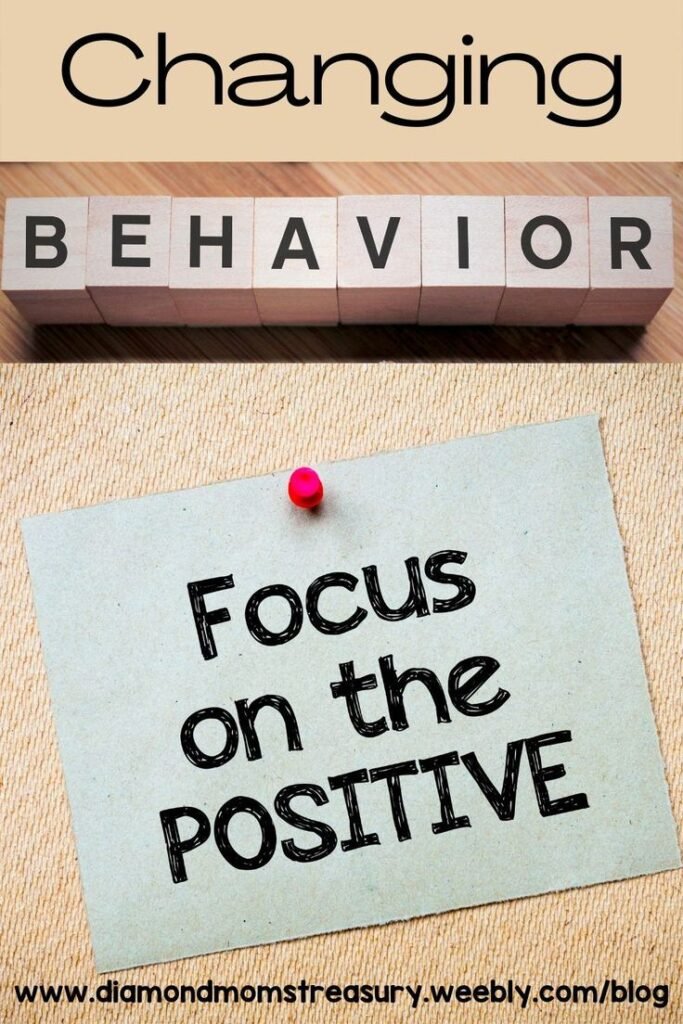Adoption can be a transformative experience for both the child and the family. Parents often wonder about their adopted child’s ability to develop positive behaviors and form meaningful connections. One intriguing question that arises is, can an adopted child have positive behaviors like tickling This article delves into the emotional, psychological, and social aspects of this question, offering insights and guidance for adoptive parents.
Table of Contents
Understanding Positive Behaviors in Adopted Children
Can an adopted child have positive behaviors like tickling? To answer this, it’s essential to explore what constitutes positive behaviors and how these behaviors are influenced by a child’s experiences. Positive behaviors include showing affection, engaging in play, demonstrating empathy, and forming bonds with others. Tickling, as a playful and affectionate act, can be a sign of trust and emotional connection.
Adopted children, like all children, are capable of developing positive behaviors. The key factors influencing these behaviors include the child’s age at adoption, past experiences, and the nurturing environment provided by their adoptive family. Can an adopted child have positive behaviors like tickling? The answer is a resounding yes, provided they feel safe, loved, and supported.
The Role of Trust in Positive Behaviors
For a child to exhibit behaviors like tickling, trust is a fundamental prerequisite. Tickling involves physical closeness and a sense of playfulness, both of which require a foundation of trust. Adopted children who have experienced trauma or neglect may initially struggle with trust, but with time and consistent care, they can develop this essential bond.
Adoptive parents play a crucial role in fostering trust. By responding to their child’s needs with sensitivity and patience, parents can create an environment where positive behaviors thrive. Can an adopted child have positive behaviors like tickling? Trust-building is the bridge to such affectionate interactions.
Emotional Development and Playfulness
Can an adopted child have positive behaviors like tickling? Emotional development is closely tied to a child’s capacity for playfulness. Tickling is a playful act that often elicits laughter and joy, reflecting a healthy emotional state. Adopted children may take time to express such behaviors, but as they become more comfortable, their natural playfulness emerges.
Parents can encourage emotional growth by engaging in activities that promote joy and connection. Reading together, playing games, and spending quality time are excellent ways to nurture positive behaviors. Can an adopted child have positive behaviors like tickling? Absolutely, when emotional well-being is prioritized.
The Impact of Early Experiences
Adopted children bring with them a history that shapes their behaviors and reactions. Early experiences of neglect, abuse, or inconsistent caregiving can affect their ability to engage in positive behaviors. However, children are remarkably resilient. With love and stability, they can overcome these challenges and develop behaviors such as tickling.
Can an adopted child have positive behaviors like tickling? Even children with difficult pasts can exhibit such behaviors when they feel secure. Adoptive parents must be mindful of their child’s history and work to create a nurturing environment that promotes healing and growth.
The Importance of Attachment

Attachment is the emotional bond that forms between a child and their caregiver. It is the foundation for positive behaviors. Can an adopted child have positive behaviors like tickling Strong attachment increases the likelihood of such affectionate and playful interactions.
Adoptive parents can strengthen attachment by:
- Responding consistently to their child’s needs
- Providing physical comfort, such as hugs and cuddles
- Encouraging open communication
- Spending dedicated one-on-one time with their child
As attachment grows, children feel more comfortable expressing positive behaviors, including tickling.
Encouraging Positive Behaviors Through Play
Play is a powerful tool for fostering connection and encouraging positive behaviors. Can an adopted child have positive behaviors like tickling? Playful activities create opportunities for children to express affection and build relationships.
Tickling often emerges naturally during play. Whether it’s a game of tag, building a fort, or simply rolling on the floor laughing, these moments of joy allow children to let their guard down. For adopted children, these interactions are especially meaningful as they help solidify their place within the family.
Overcoming Challenges
Adoptive parents may encounter challenges as they work to foster positive behaviors. Some children may be hesitant to engage in physical affection due to past trauma. Others may struggle with sensory sensitivities that make tickling uncomfortable. Can an adopted child have positive behaviors like tickling? Patience and understanding are key to addressing these hurdles.
Strategies for overcoming challenges include:
- Observing the child’s comfort level with physical touch
- Introducing playful interactions gradually
- Seeking professional support, such as therapy, if needed
- Celebrating small milestones in the child’s emotional development
The Role of Family Dynamics
A supportive family environment is essential for nurturing positive behaviors. Siblings, extended family members, and close friends all contribute to a child’s sense of belonging. Can an adopted child have positive behaviors like tickling? A loving family dynamic enhances the likelihood of such behaviors.
Including the child in family traditions and activities helps them feel valued. When children see affection and playfulness modeled by family members, they are more likely to mimic these behaviors.
Cultural Considerations
Adoption often involves blending cultural backgrounds. Understanding and respecting a child’s cultural heritage can strengthen their sense of identity and security. Can an adopted child have positive behaviors like tickling? Cultural sensitivity ensures that the child feels accepted, which fosters positive behaviors.
Parents can celebrate the child’s culture through food, music, stories, and traditions. By doing so, they create an inclusive environment where the child feels free to express themselves fully.
Success Stories
Many adoptive families have witnessed incredible transformations in their children. Stories of shy, withdrawn children blossoming into playful and affectionate individuals are inspiring. Can an adopted child have positive behaviors like tickling? Real-life examples affirm that it is not only possible but also common with the right support.
One family shared how their adopted son initially avoided physical contact but eventually initiated tickling games after months of consistent care and encouragement. These moments of joy became cherished memories, highlighting the power of love and patience.
The Science Behind Tickling
Tickling is more than just playful fun; it’s a bonding activity that stimulates laughter and releases endorphins. These “feel-good” chemicals strengthen emotional connections and promote happiness. Can an adopted child have positive behaviors like tickling? The science of tickling underscores its role in building relationships.
For adopted children, tickling can serve as a bridge to trust and intimacy. It’s a non-verbal way of saying, “I feel safe with you.”
Building a Lifetime of Positive Behaviors

Positive behaviors extend beyond childhood. Adopted children who experience love and security are more likely to grow into empathetic and affectionate adults. Can an adopted child have positive behaviors like tickling Yes, and these behaviors lay the foundation for healthy relationships throughout life.
Adoptive parents should focus on long-term development, celebrating every step of their child’s journey toward emotional and social well-being.
Also read LLM Knowledge Graph Drug Purpose: Revolutionizing Drug Discovery
Conclusion
Can an adopted child have positive behaviors like tickling? The answer is a heartfelt yes. While challenges may arise, the potential for adopted children to exhibit positive behaviors is immense. Through trust, attachment, play, and cultural sensitivity, adoptive families can create environments where their children thrive.
Tickling, as a symbol of joy and connection, represents the beautiful possibilities that come with love and commitment. Adoptive parents should embrace the journey, knowing that their efforts can lead to a lifetime of positive behaviors and cherished memories.


